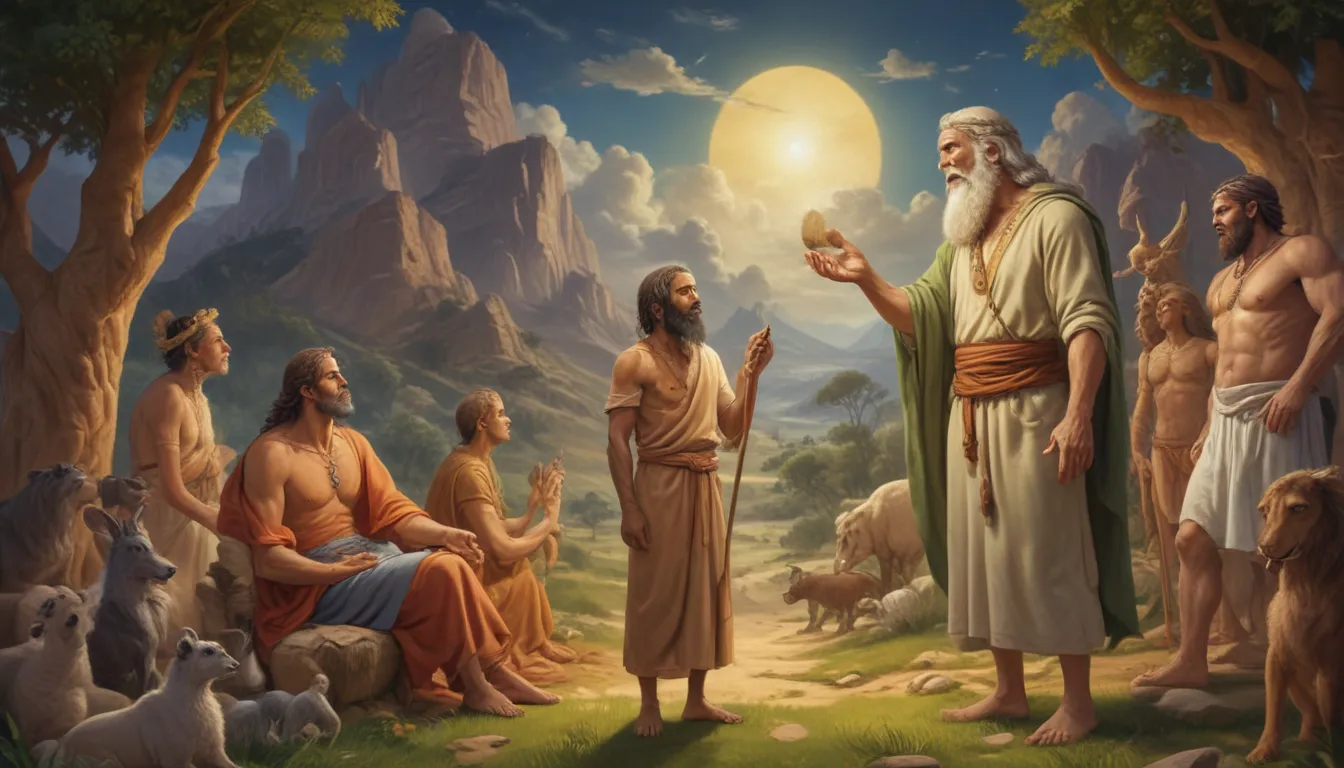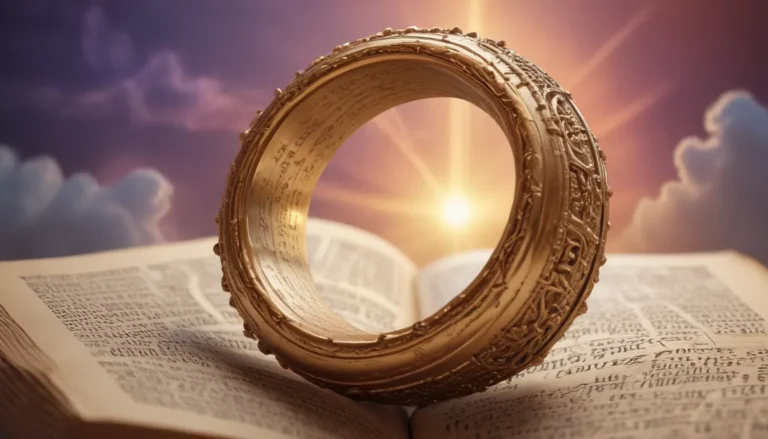
The story of Jacob and Esau is a deeply symbolic tale from the Hebrew Bible, offering profound insights into the human condition. These two brothers represent contrasting aspects of our own psyches, and their interactions offer valuable lessons for spiritual growth and self-awareness. This guide will explore the spiritual meaning behind the story of Jacob and Esau, providing you with a richer understanding of this timeless narrative.
The Birthright: Esau’s Impulsivity vs. Jacob’s Patience
The tale begins in Genesis 25, where Rebecca, the wife of Isaac (Jacob and Esau’s father), is pregnant with twins. Before they are born, she receives a prophecy that two nations will be formed from within her womb, one stronger than the other. When the time comes for them to be born, Esau emerges first, followed by Jacob holding onto his heel (hence his name, “Jacob” means “heel-grabber”).
Esau and Jacob embody different spiritual qualities: Esau represents impulsivity and physicality, while Jacob symbolizes patience, introspection, and spiritual growth. When their father, Isaac, is near death, he asks Esau to bring him some venison so that he can bless him. However, Rebecca overhears this conversation and instructs Jacob to masquerade as Esau in order to receive the blessing meant for the firstborn son.
Esau’s decision to sell his birthright to Jacob for a meal of lentil stew demonstrates his lack of foresight and impulsive nature. In contrast, Jacob’s patience and determination allow him to seize this opportunity and secure the blessings meant for Esau. This story serves as a reminder that spiritual growth often requires patience and self-discipline, qualities that can help us overcome our own impulsive tendencies.
The Struggle: Overcoming Our Shadow Selves
As the two brothers continue to grow apart, their relationship reaches a breaking point when Isaac decides to send Jacob away to find a wife from among his relatives in Haran. Before leaving, Rebecca gives Jacob a special blessing and instructs him to avoid marrying a Canaanite woman (Genesis 28:1-5). On the way to Haran, Jacob stops for the night and has a dream in which he sees a staircase reaching into heaven with angels ascending and descending. God appears to him and promises to protect him on his journey and ensure that his descendants become a great nation (Genesis 28:10-15).
When Jacob arrives in Haran, he meets Rachel at the well and falls deeply in love with her. However, due to a deception orchestrated by his uncle Laban, Jacob ends up marrying Leah instead of Rachel. Over time, Jacob becomes increasingly frustrated with Laban’s dishonesty and decides it is time to return home. Before leaving, he negotiates a new agreement with Laban and sets off back towards Canaan (Genesis 31).
This struggle between Jacob and Esau can be seen as a spiritual journey of self-discovery. Jacob must confront and overcome his own shadow self – represented by his relationship with Esau and the deceptions perpetrated by Laban. By doing so, he learns valuable lessons about integrity, honesty, and the importance of staying true to oneself.
The Reunion: Embracing Our Wholeness
After many years apart, Jacob finally reunites with his brother Esau in Genesis 33. As they approach each other, Jacob fears for his life, thinking that Esau might seek revenge for the stolen birthright and blessing. However, to his surprise, Esau embraces him warmly and welcomes him back into the family (Genesis 33:4).
This reunion symbolizes the integration of our own opposing tendencies – represented by Jacob and Esau. By embracing both our impulsive (Esau) and introspective (Jacob) sides, we can achieve a greater sense of wholeness and balance within ourselves. This unity is reflected in the Hebrew word “shalom,” which means peace, wholeness, and completeness – qualities that Jacob embodies when he reunites with his brother.
Conclusion
The story of Jacob and Esau offers valuable lessons about spiritual growth, self-discovery, and the integration of our opposing tendencies. By exploring the symbolic meanings behind these two brothers, we can gain insights into our own psyches and learn how to cultivate patience, integrity, and balance in our lives. Through this journey of understanding, we may find that Jacob’s spiritual qualities help us overcome the challenges posed by Esau’s impulsive nature – ultimately leading us towards greater peace, wholeness, and fulfillment.





